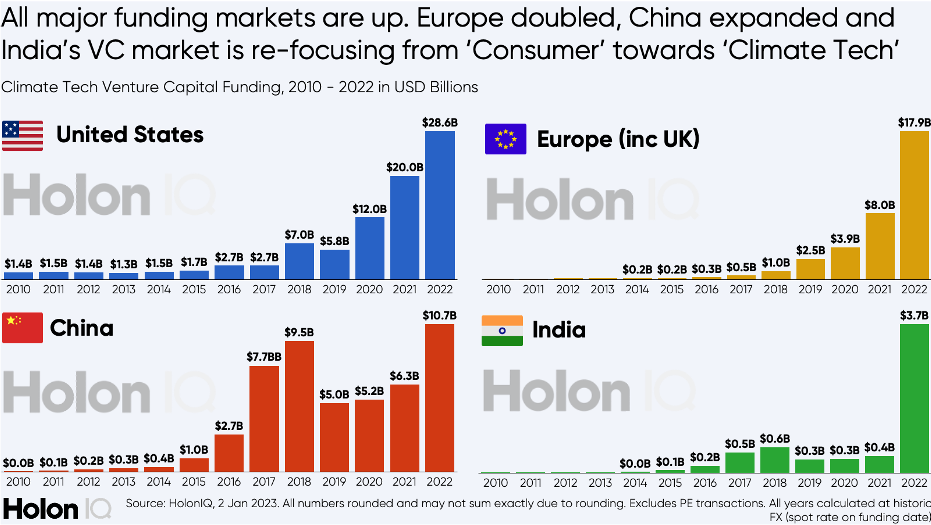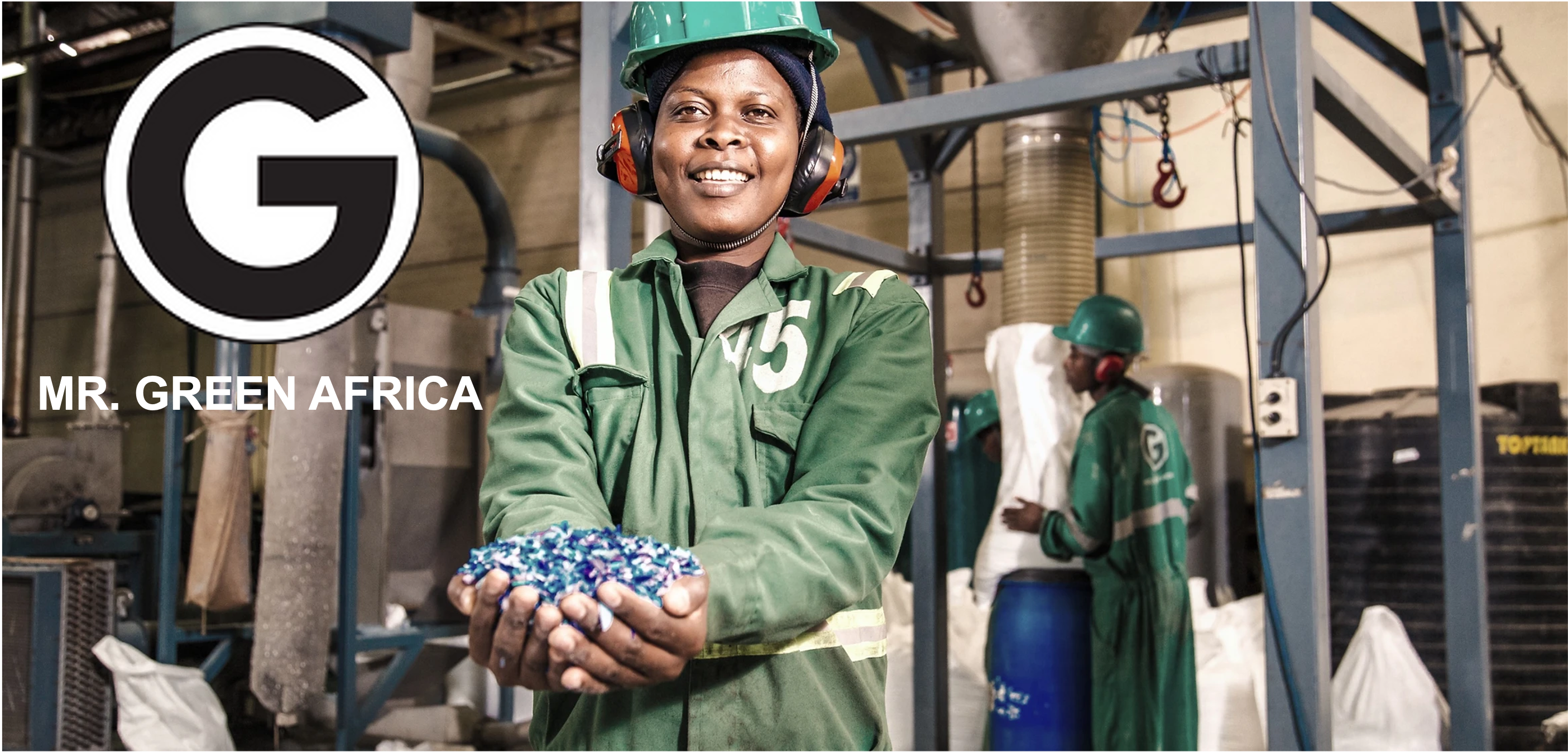ChatGPT: A Year in Review – The Good, the Bad, and the Ugly
Over the last year, OpenAI’s ChatGPT has taken the world by storm, captivating imaginations and stirring debates across the digital landscape. Once again, a startup from San Francisco is disrupting an entire industry, and the way we search and create information – is truly groundbreaking. As it approaches its anniversary, it’s time to unpack the rollercoaster ride that has been ChatGPT’s existence — the breakthroughs, the stumbling blocks, and the downright facepalm moments. The Good: Revolutionizing Human-Machine Interaction ChatGPT has been nothing short of revolutionary. Its ability to understand and generate human-like text has transformed our interactions with technology. It has become an invaluable tool for education, assisting students with learning and researchers in data analysis. Businesses have leveraged their capabilities to enhance customer service, automating responses without losing the personal touch. Creatives have found in ChatGPT a muse, aiding in everything from drafting poetry to brainstorming script ideas. It has democratized access to information, providing insights and knowledge in a conversational style that is unprecedented. Its flexibility and scalability have seen it being used …









